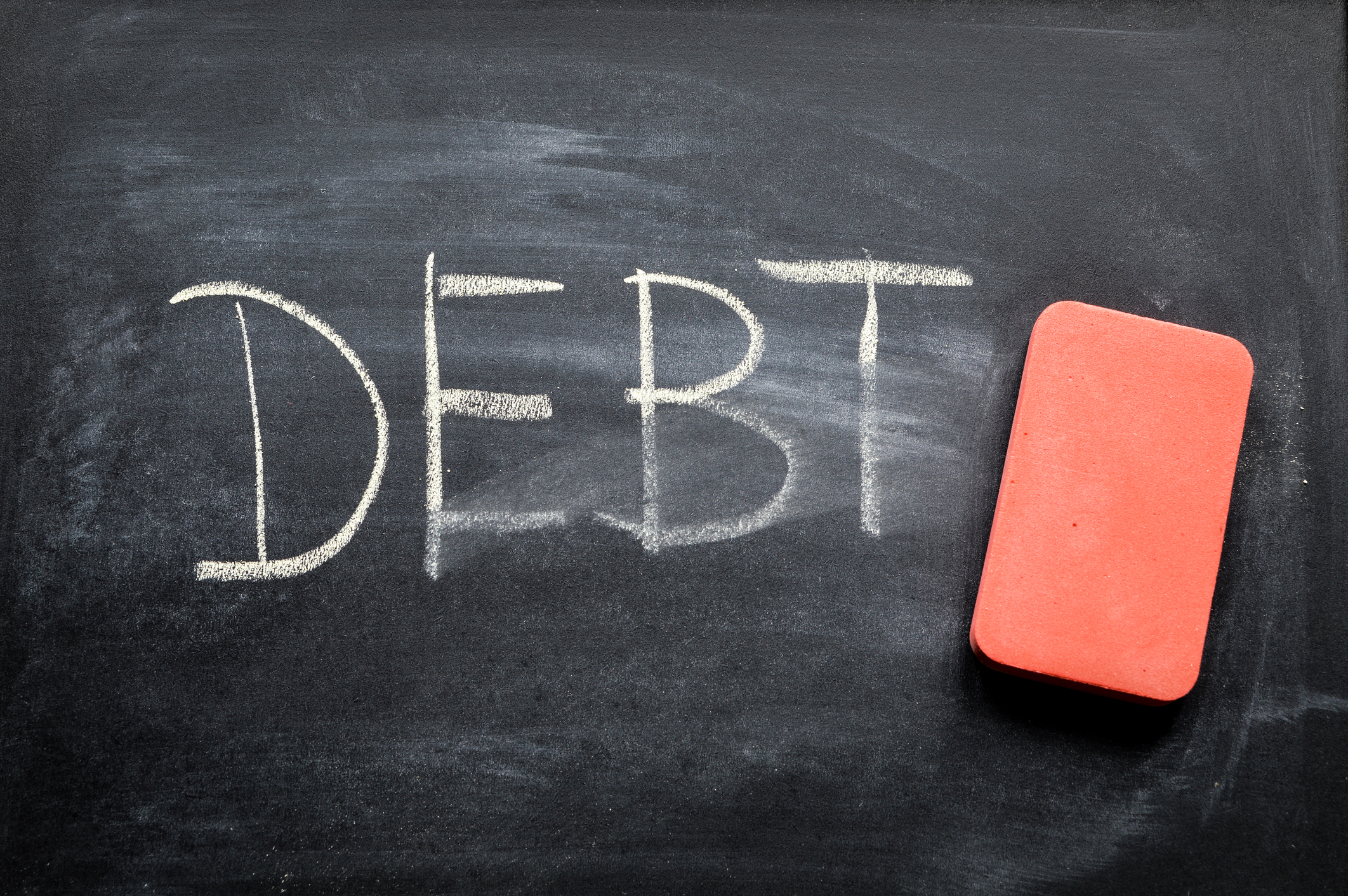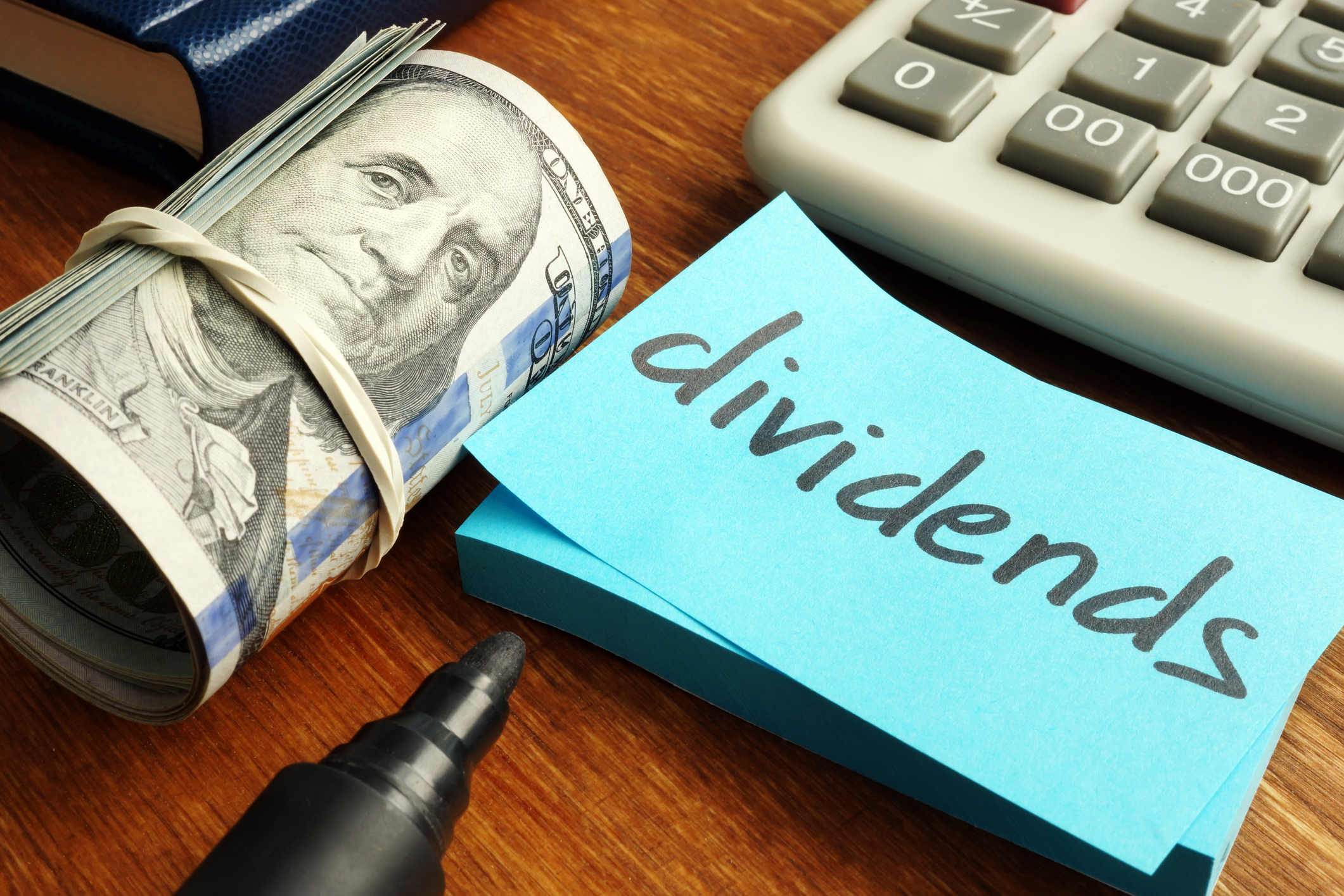Dividends per share means just what it sounds like.
It's the dividends that a company pays out per share and is a commonly used per-share metric like earnings per share, free cash flow per share, or book value per share.
Although the definition of dividends per share may be relatively simple, it's an important concept in investing with a number of implications for investors, and it plays a role in several valuation models.

Cash Flow
Total dividends paid out are also included on the cash flow statement and help investors assess a company's capital allocation. However, if you're an individual shareholder and want to understand how much you're being paid from dividends, you need to be able to calculate the dividends per share.
Dividend Payments
Dividends per share: A real-world example
If you're curious about how to use a dividend valuation model, let's go through a simple example.
Say you own shares of Home Depot (HD +0.73%). The home improvement retailer currently pays a quarterly dividend of $2.09 per share, and a reasonable forecast based on past dividend hikes would be that it would raise its dividend by 10% annually.
Using the Gordon growth model, which takes the value of next year's dividends divided by the difference between the costs of the capital and the dividend growth rate, we can make the following assumptions.
If you assume a 12% cost of equity capital and a 10% growth, Home Depot would have a valuation of $460 per share, which is more than 50% higher than its current stock price.
Of course, that valuation is highly sensitive to the inputs like cost of capital and dividend growth, but the exercise is helpful if you're a dividend investor.
While a bull market could be around the corner, dividend stocks are generally a good way to ride out the current volatility in the market. By paying a dividend, these companies show that they are profitable and are considering shareholder interest. Additionally, a dividend hike is a further expression of confidence that a company can buck any recessionary headwinds.
For dividend investors, those are great reasons to hold dividend stocks.


















